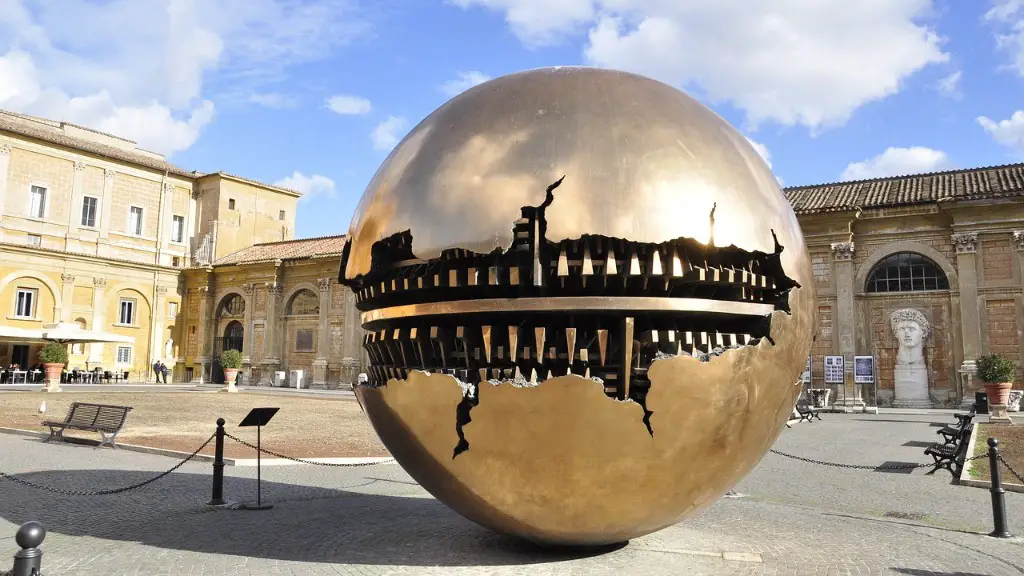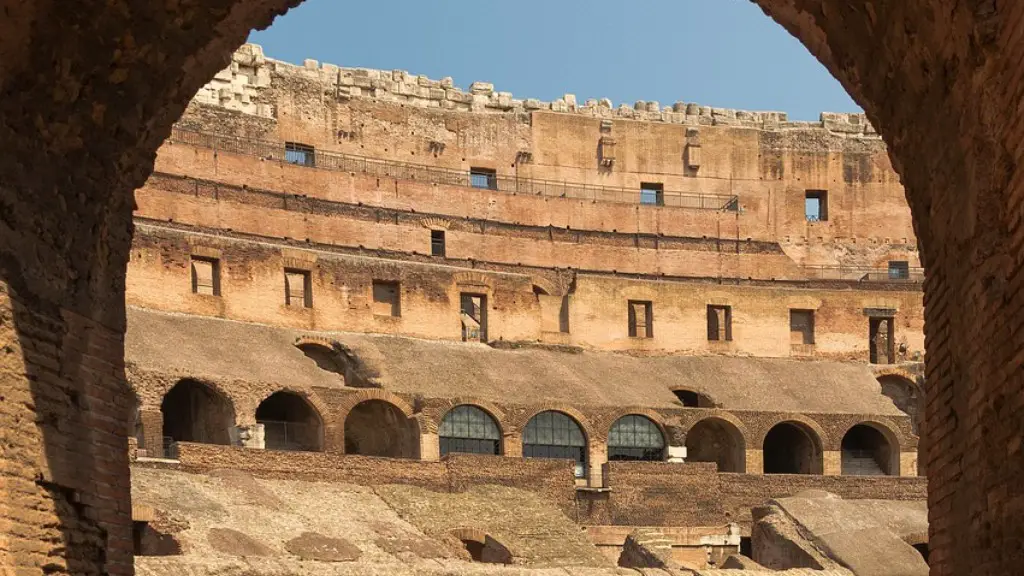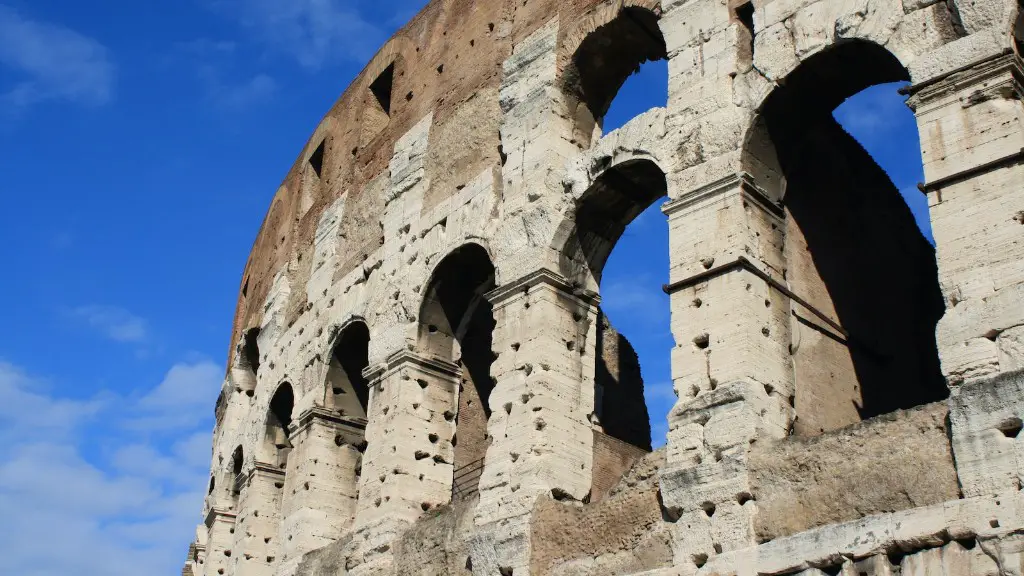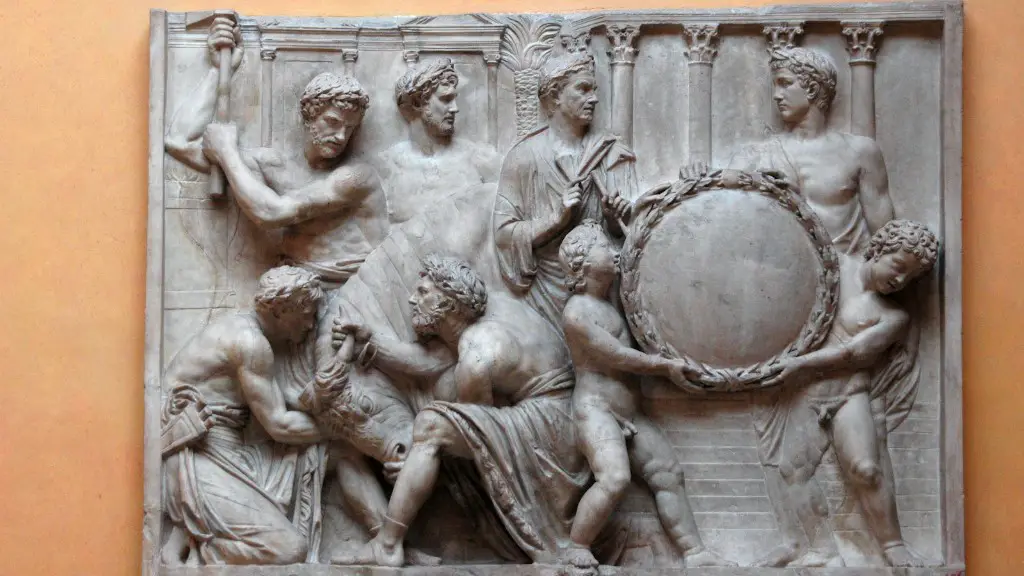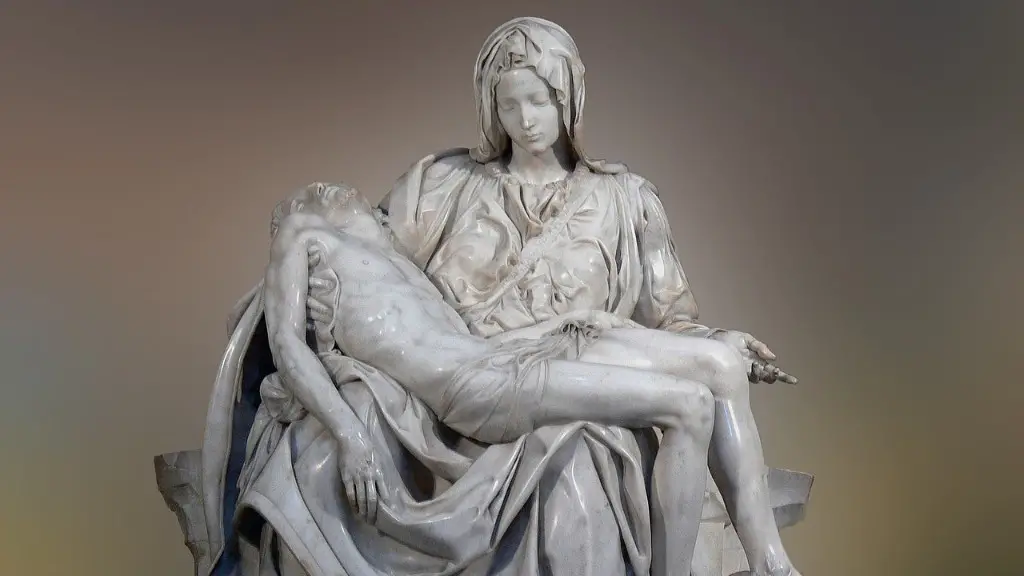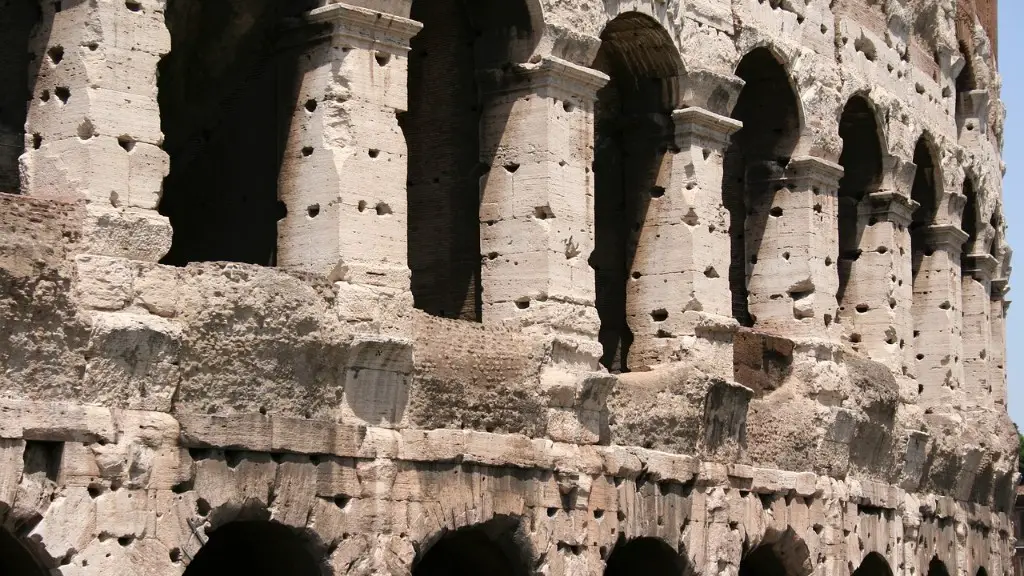The Role of the Consul in Ancient Rome
In ancient Rome, the consul was an elected official of the Roman Republic. One of the most important Roman government positions, the consul had both executive and judicial responsibilities. This included command of the army and navy, world affairs, foreign and domestic economic matters, civil law and other public decrees. In essence, the consul was the highest-ranking executive of the state.
The ancient Roman Republic had two consuls at any one time, with the election process taking place in the months of December, January and February. On election day, two consuls were appointed, with one assigned to each of the maximum two-year term. Each of the two consuls were given access to a “consular fasces” a symbol of the office’s judicial authority. This consisted of a bundle of rods, bound round an axe that was carried before the consul in court.
A consul’s democratic authority was not absolute, and they had to share their civic and executive powers with several other officials, including the senatorial class.
The consuls were responsible for leading the Senate, one of the main institutions in Rome’s government. They were also responsible for proposing and enacting laws and resolutions, including military ones.
The consul was also responsible for foreign policy making and foreign affairs. They acted as ambassadors, negotiating with foreign powers and helping to maintain peace between those powers. They could also help Rome negotiate treaties with local allies and warn the Senate of impending attacks. In terms of trade, consuls could also represent Roman interests in trade negotiations with foreign powers.
The consuls were also responsible for commanding the state’s army and navy. In times of war, the consul was a major element of state defence, leading troops into battle and signing treaties for peace. The consul also had the power to call together the Senate and the people for a public vote on a matter of state.
In times of civil unrest or public dissent, the consul was the highest level of authority in a conflict. They could quell any disturbances with their fasces and restore order in the city. They were also responsible for preventing rebellions, leading troops in battle and organizing the Roman state’s military affairs.
The Power of Declarations
An important consular duty was the issuing of declarations. These declarations gave the consul great power in the state affairs, as they could use it to grant privileges, grant amnesties, and make peace and war. The consul also had the right to summon and preside over public gatherings.
The declarations made by the consul were considered legal documents and binding on both the people and the government. They could also be used to declare a state of emergency or a state of rebellion in Rome. This was an essential tool in the consulship, as it allowed the consul to act quickly and decisively to avoid or protect against any potential crisis.
The declarations of the consuls were also considered sacred. This meant that, should their word be challenged, the people had to take it seriously. This gave the consul great power in the Roman state, as their decisions were treated as law and could not be overturned by the Senate or people.
The power of the consuls was not absolute, and they were subject to the scrutiny of the Senate and the people. It was the duty of the Senate to review the consuls’ declarations and the decisions they made. This ensured the consuls were acting within the bounds of their power.
The Election of Consuls
The consuls were elected by popular vote in two-year cycles. The electoral process was a complex one, involving a number of different steps. The elections were divided into four different stages, with the first three being dedicated to determining the consuls and the last to electing the consular tribunes.
First, the candidates for the consulship had to be determined. This was done by the Senate, who chose two candidates from the pool of eligible candidates for the position. They would then be presented to the people for approval and, if successful, would go on to the next stage.
The second stage involved the voting. The people were asked to vote on the two candidates chosen by the Senate, with the candidate who received more votes being declared the consul.
The third stage of the process saw the two consuls being inaugurated in a formal ceremony with the Senate and people as witnesses. During this ceremony, the fasces were presented to both consuls, signifying their power and authority.
Finally, the fourth stage involved the election of the ‘consular tribunes’, who were responsible for overseeing the work of both consuls. After the consuls had been elected and inaugurated, the elections for the tribunes took place.
The Post of Dictator
In times of particular crisis, such as war or a breakdown of public order, it was possible for the Senate to appoint a dictator with absolute power over the state. In these circumstances, the consuls were temporarily suspended and the dictator, generally chosen from a distinguished family and tested by the Senate, was elected directly by the people, who believed it necessary to bring an end to the crisis.
The appointment of the dictator gave extraordinary powers to the chosen individual. The dictator had authority over military, political and legal matters, and presided over public assemblies. Dictators could also issue orders that could not be overturned, and their rule was valid for the extent of the crisis or until the people decided to retract the appointment.
The position of dictator was a rare occurrence, with only a few dictators ever appointed in the entire Roman Republic. In the end, it was considered a last resort, a tool only to be used when absolutely necessary.
The Role of the Consul Today
Today, the consular role still exists within the government of many countries worldwide. Generally, consuls are appointed by a government to be its representative in a foreign country. They are responsible for promoting diplomatic and trade relations between their country of origin and the country they are posted in.
In modern times, the consul’s role has become more complex and broadened. They are expected to facilitate interactions between citizens of two different countries, maintain voter registration and provide legal assistance. They can also help to protect the rights of citizens in their host nation and provide a valuable link between the two countries.
The consular role is an integral part of the international diplomatic community. The success of international relations between countries is often dependent on the effective execution of a consular’s duties, and their effectiveness is essential for a peaceful atmosphere between nations.
Conclusion
The role of a consul in ancient Rome was a powerful one, with its influence still felt today. The consuls were responsible for maintaining order, negotiating treaties and leading the military. These responsibilities were closely monitored by the Senate and the people, with the power of the consuls often checked by their peers.
In modern times, consuls still serve an important diplomatic role. They are responsible for promoting diplomatic and trade relations, protecting the rights of citizens and maintaining peace between countries. As such, the consular role is an integral part of the international diplomatic community.
